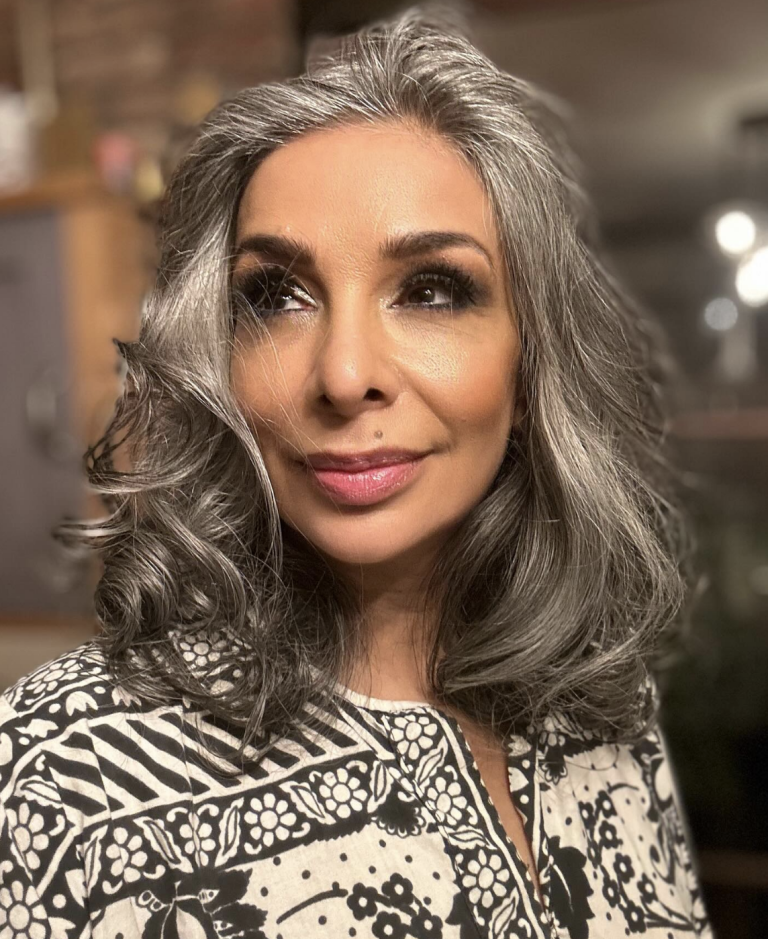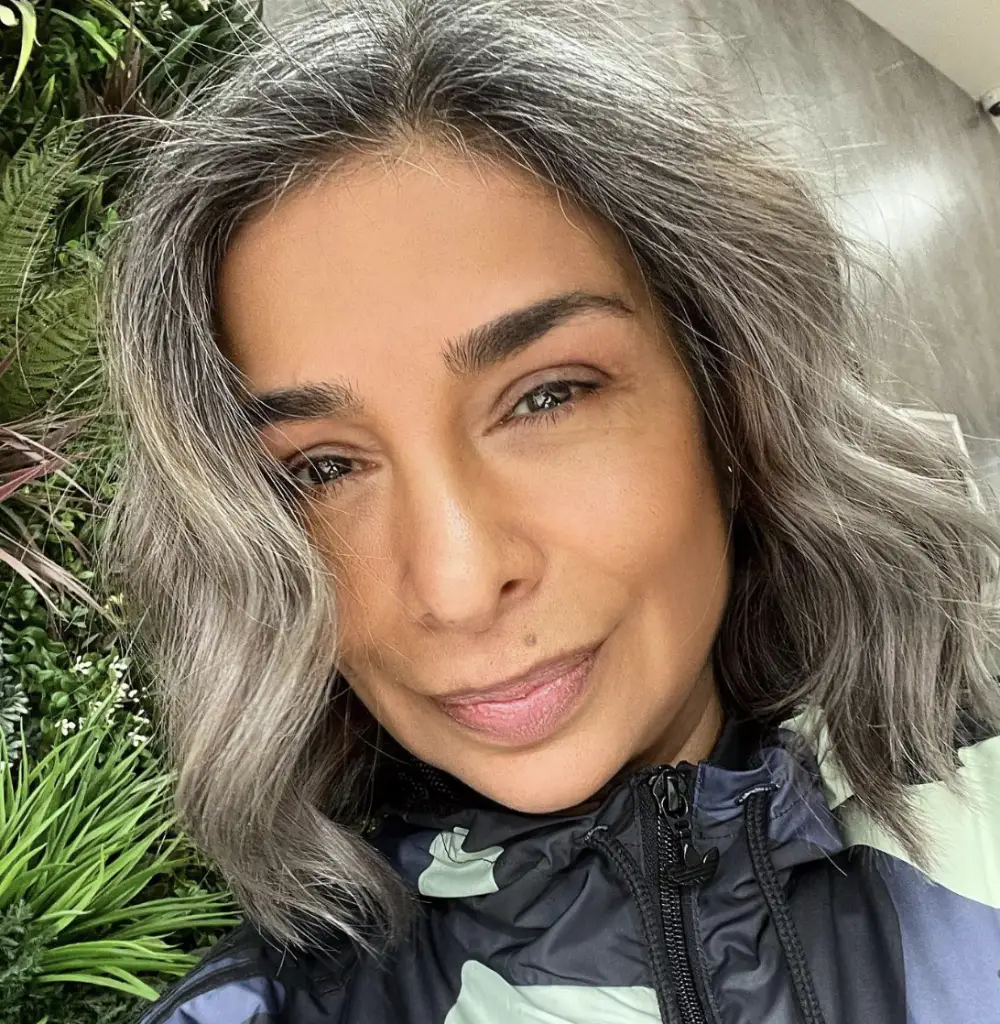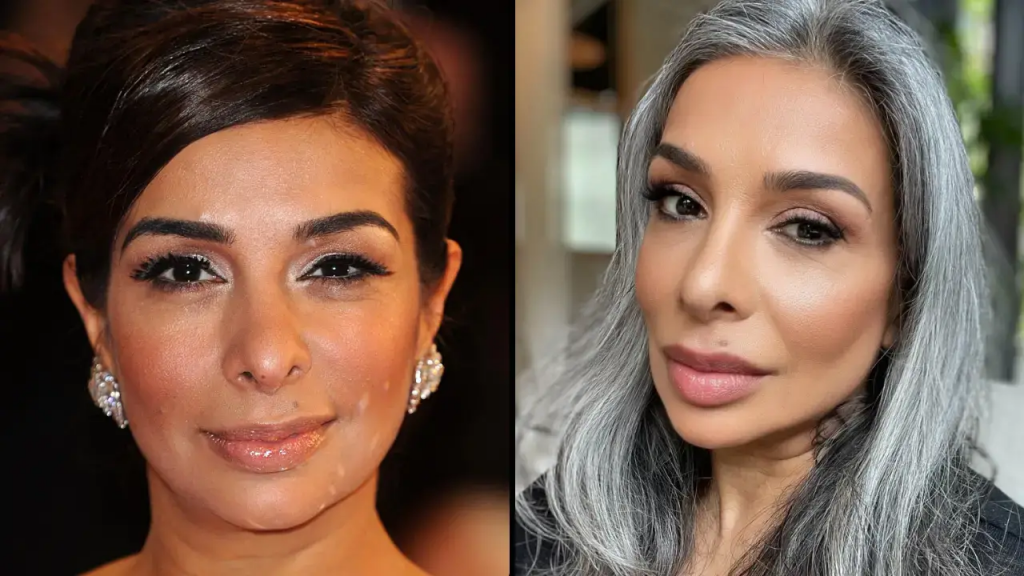Shobna Gulati, known to millions for her unforgettable roles in British television, has shared something profoundly personal with the world. After decades in the public eye, the acclaimed actor, now 58, has opened up about their gender identity in a way that feels not only brave, but also deeply affirming. Best known for her roles as Anita in Dinnerladies and Sunita Alahan in Coronation Street, Gulati has been a familiar face in British homes for years. More recently, audiences have seen her grace the screen in Brassic and Vera, showcasing the range and longevity of her acting career.

But beyond the accolades and characters, there has always been a quiet, internal truth that Gulati hadn’t fully verbalized—until now. In a candid and soul-searching interview, the beloved actor shared that they identify as non-binary. This revelation wasn’t made for headlines or fanfare—it came from a place of peace and personal clarity, a moment of stepping into the light after years of introspection and self-acceptance.
Fans across social media were quick to react with love and admiration. Messages poured in expressing solidarity and joy. One fan wrote with heartfelt sincerity, “So pleased that they can finally be the real them.” Another posted, “That’s so cool. Seeing someone you grew up watching on TV say this actually feels really lovely.” Others chimed in with warm affirmations like, “Never too late 💕” and “All my love to them!” The outpouring of support highlighted just how meaningful visibility can be, especially from someone who has been a part of the cultural landscape for so long.

For Gulati, this isn’t a sudden shift or change—it’s a coming-into-focus of something that’s always been there. “I’ve become more happy describing myself as a person,” they explained. “What do people call it now? Non-binary. So, I suppose that’s who I am.” These words, spoken with humility and quiet strength, underscore a lifetime of feeling different without having the vocabulary to explain why.
In a time where younger generations are helping to shape the language of identity, Gulati credited them for expanding her understanding. “I’ve never had a word for it,” they said, “but I’ve learned from our younger generation what that might look like in terms of a word because I know what it feels like in terms of being me.”

Speaking further on the How to be 60 podcast, Gulati shared how their journey had unfolded without clear terms to define it. “All the way through my life, I’ve never had the words for that. I’ve never managed to explain that. I suppose my immediate family have not really thought about it.” She recalled how they were seen as both feminine and masculine at different times—never one or the other completely, but a mixture, a balance that defied simple categorization. “They’ve just thought: ‘Shobna is either extremely feminine or extremely masculine.’ Because I was just accepted as a person who fell out of the tree and equally the person who put on all this makeup and did a dance.”
A turning point in Gulati’s self-awareness came during a conversation with a sound engineer who identified as non-binary. Curious and open, Gulati asked, “What is that?” What followed was a discussion that struck a chord so deep, it unlocked a part of them they had never fully embraced. The explanation—being a person first, before gender—resonated in a way that was both profound and familiar. “That’s all I’ve ever thought,” Gulati realized.
Now, for the first time, they feel ready to say it out loud—to embrace it, live it, and name it. “I think now I’m free to say it out loud. I think people around me have accepted who I am for a long time without any explanation, but I suppose when I’m asked now, I’ll say it.”
Gulati also opened up about love, identity, and how those concepts intersect in her life today. Currently in love, they spoke with openness and honesty about how they view relationships. “That is also something I’m looking at – what that means to me. So yes, I would go for a person absolutely, regardless of their gender.”

It’s a sentiment that echoes a larger truth about human connection—one that transcends categories and binaries. For Gulati, love isn’t confined to labels or social norms. It’s about the person, the soul, the energy they share.
This deeply personal announcement wasn’t about shock or spectacle—it was about peace, about living in a way that reflects the truth she’s always felt. Shobna Gulati’s decision to share her identity publicly isn’t just a step forward for herself, but a meaningful gesture that ripples outward, offering comfort, validation, and visibility for countless others who may still be seeking the words for their own stories.